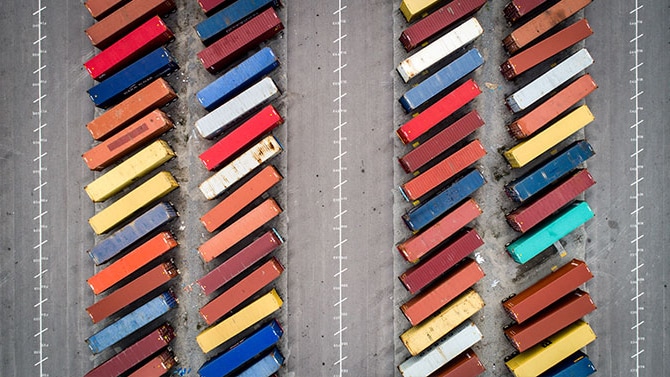
No amendment or invalidation of customs entry after release
24/08/23
On 8 June 2023, the Court of Justice of the EU (‘CJEU’) ruled that it is not possible to amend or invalidate a customs declaration after release, if a higher quantity of goods was imported than what was declared. Instead, they ruled that the goods have to be declared through a new declaration. This allows the customs authorities to impose sanctions for not complying with the customs obligations.

What does this mean for your business?
If your business finds out a higher quantity of goods was imported than what was declared in the import entry, amending or invalidating a customs declaration is possible, if the customs authorities have not yet given permission to take away the goods . After such a release of the goods, it is only possible to correct through a regular separate declaration. This does, however, mean that customs can impose sanctions for not complying with the customs obligations. Good faith can affect the severity of the sanctions, so therefore it is important to notify the customs authorities as soon as possible when an incorrect declaration is discovered.
Background to the case
SC Zes Zollner Electronic SRL (‘ZZE’) has placed two orders for 10.000 electronic integrated circuits with a Swiss company. In reference to this order, the Swiss company has issued two similar invoices, both for 5.000 parts, and an amount of EUR 4.950. The parts were transported by a courier company. Upon arrival of the goods in Romania, the employees of ZZE discovered that only one of the invoices was included in the customs declaration. Therefore, they decided to request the customs authorities to correct the incorrect quantity of goods that had been declared. The customs authorities decided that the goods had deliberately been removed from their customs supervision and imposed a fine for this offence. ZZE appealed against this decision, and the case eventually ended up before the highest Romanian court who referred preliminary questions to the CJEU.
Judgement
The referring Romanian court asked the CJEU, if it is possible to amend (Article 173 UCC) or invalidate (article 174 UCC) a declaration, when a declarant finds out, after release of the goods, an insufficient quantity of goods has been declared. Additionally, the referring court wanted to know if there is a possibility to correct the declaration, in case the total quantity was not reported, without incurring administrative or criminal penalties.
The CJEU ruled that a request to amend a declaration cannot be granted, if the declaration concerns a higher quantity of goods having been imported than what was declared. As regards to the invalidation of a declaration, the CJEU notes that, in principle, it is not possible to invalidate a declaration after the release of the goods.
However, the European Commission has designated certain situations in which it does allow a declaration to be invalidated. The case of ZZE does not include one of these situations. In terms of the further question, the CJEU ruled that the goods must be declared through a regular declaration. This may allow the customs authorities to impose sanctions for failure to comply with the customs obligations.
Contact us


André Stoop
Senior Manager - Customs & International Trade, PwC Netherlands
Tel: +31 (0)62 293 16 98

















